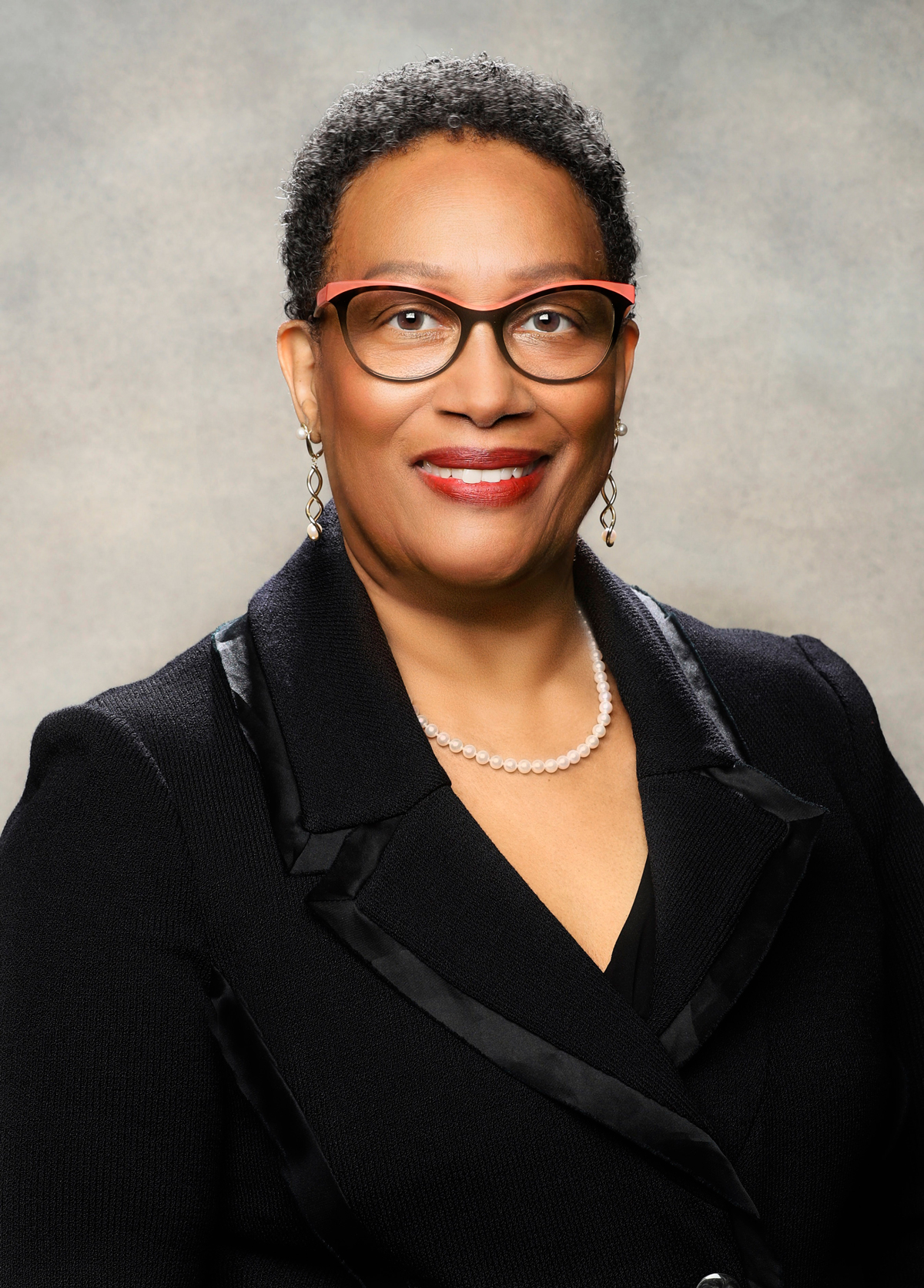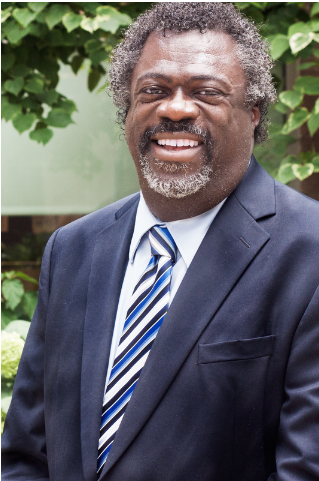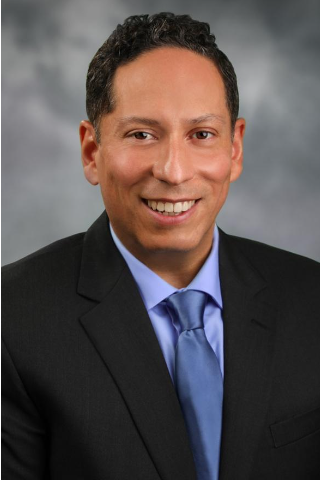



This conference will address what creates division that impedes education and practice while generating solutions and actions to enhance our collective efforts of embracing diversity, equity, and inclusion.
Culture, gender, sexuality, ethnicity, and religious diversity are foundational concepts that may be addressed by conference faculty.
Doctoral prepared nurse driven, and/or translated initiatives are desired to demonstrate the theme and objectives of this conference. Collaboration of efforts that include professional colleagues with different educational preparation are preferred.
Early Bird Registration ends
April 30, 2023 $275
Presenter Registration ends
July 20, 2023 $250
Student Registration Rate ends
July 1, 2023 $225
Regular Conference Registration Rate is offered
May 1, 2023 through July 1, 2023 $325
Late Registration Rate is offered
July 2, 2023 through August 11, 2023 $375
1. Attend selected breakout and plenary sessions in their entirety,
2. View and engage with the poster presenters,
3. Complete evaluation forms reflecting participation, insights and feedback.
This continuing nursing education activity is approved by the Florida Board of Nursing for 16 hours maximum.
Provider and Activity number: 50-18959
Objective 1: Discuss opportunities for mending and closing the JEDI gap in education and practice.
Objective 2: Explore strategies to overcome barriers to dismantling JEDI in nursing practice and education.
Objective 3: Understand the implications for dismantling JEDI.
Vivienne Pierce McDaniel
DNP, MSN, RN
Objective 1: Apply the Conceptual-Theoretical-Empirical model to practice problems.
Objective 2: Describe the application of theoretical frameworks to DNP projects.
Objective 3: Examine the implications of being prepared to apply a social justice framework to practice problems.
Angela G. Opsahi
DNP, RN, CPHQ
Noah Blessing
BSN Honor Student
Aaliyah Perdieu
BSN Honor Student
Grace Rasche
BSN Honor Student
Amy Hagedorn Wonder
BSN Honor Student
Objective 1: Describe the application of theoretical frameworks to DNP projects.
Objective 2: Examine the implications of being prepared to apply a social justice framework to practice problems.
Objective 3: Examine the implications of being prepared to apply a social justice framework to practice problems.
Jean M. Bernhardt
PhD, CNP
Objective1: Reflect on the history of DEI at Vanderbilt.
Objective 2: List leaders and initiatives that promote diversity at the university, school of nursing, and medical center.
Objective 3: Describe the current level of servie and future plans for expansion fo DEI initiatives through the emerging Leadership Academy.
Pamela R. Jeffries
PhD, FAN, FAAN, ANEF, FSSH
Objective 1: Understand risk that presents to an ill-equipped urgent care setting when a patient with chest pain walks in to the department.
Objective 2: Understand the Marburg Heart Score tool and Clinical Guidelines and how these can assist in the recognition and triage process in an urgent care.
Objective 3: Develop a greater level of confidence as a nurse and healthcare provider when a patient with chest pain comes in to an urgent care clinic.
Stephanie Jean Koger
DNP, RN
Margo Minnich
DNP, RN
Please visit our Poster and Exhibit Hall
Objective 1: To educate about health disparities in people who identify as LGBTQIA+
Objective 2: To educate on the use of appropriate ways to communicate with patients who identify at LGBTQIA+
Objective 3: To educate about the appropriate LGBTQIA+ terminology when communicating with patients
Katherine A. Bloompott
PhD, RN
Objective 1: Understand the harm caused by racism within the nursing profession.
Objective 2: Acknowledge disparities experienced by Black nurses .
Objective 3: Encourage action to support a Black nurse harmed by racism.
Amanda J. Golino
DNP, RN, CCRN, CCNS
Objective 1: The learner will explain the value that having a diverse leadership team can have on overall organization performance and patient outcomes.
Objective 2: Define and describe imposter syndrome and the impact this can have on employee morale and employee productivity.
Objective 3: The learner will identify strategies that can be taken to attract a diverse pool of candidates to take open executive leadership positions
Angel A. McCullough
DNP, RN, MBA
Objective 1: Discuss lessons learned in building a resuscitation program.
Objective 2: Identify key considerations for creating a resuscitation program to improve code response and patient outcomes in cardiac arrest.
Objective 3: Analyze the data utilizing a software device to provide education to code team members.
JoAnn Wolfson
DNP, MSN, RN, CCRN
Objective 1: Implement a tracking and reporting system of Naloxone.
Objective 2: To evaluate response to naloxone administration.
Objective 3: To examine trends related to opioid use and safety.
Susy Varghese
DNP, FNP, RN
Objective 1: Understand how simulation can be used to teach cultural concepts and social determinants of health.
Objective 2: Identify at least one method of incorporating simulation scenarios into NP courses.
Objective 3: Obtain access to the textbook Simulation Scenarios for Nurse Practitioner Educators: A Faculty Guide, which includes 15 high-fidelity simulation scenarios, 12 of which address diversity and social determinants of health.
Leslie M. Moro
DNP, APRN
Priscilla Simms-Roberson
DNP, APRN
Objective 1: Increase awareness of ageism and discrimination in older adults.
Objective 2: Learner will gain knowledge regarding the link between ageism and mental health implications.
Objective 3: Provide methods to learners to reduce ageism and discrimination in healthcare.
Amy Jo Dudley
DNP, APRN, FNP-BC
Objective 1: the participant will identify how the diastolic augmentation of EECP affects preload, afterload, coronary blood flow, and angiogenesis in the vascular and microvasculature systems.
Objective 2: the participant will be able to describe biochemical and systemic effects of EECP and beneficial outcomes for cardiac, vascular, and long Covid patients.
Objective 3: the participant will be able to apply knowledge of the advances in EECP therapy to enhance care of the cardiovascular and long Covid patient population, especially minority and underserved communities.
Kathleen M. Cox
PhD, DNP, APRN
Cecily M. Hanna
MSN, APRN, FNP-C, FlowTherapy
Objective 1: Participants will be able to describe the BELE Framework as applied to nursing education.
Objective 2: Participants will be able to list two best practices for CALD students in nursing courses.
Objective 3: Participants will be able to list two best practices for CALD students when developing campus culture.
Beth S. Sanford
DNP, RN
Maria E. Sevigny
MSN, RN, SANE
Objective 1: Reflect on personal and professional experiences regarding how DEI has influenced professional .
Objective 2: Discuss where we are as nurses and how we are evolving as a profession within the concepts of DEI.
Objective 3: Discuss and explore how DEI will poise nursing for change in the future.
Ernest J. Grant
PhD, RN, FAAN
Vincent Guilamo-Ramos
PhD, MPH, LCSW, RN, ANP-BC, PMHNP-BC, FAAN
Objective 1: the participant will know how to assess health literacy.
Objective 2: the participant will be able to identify populations at risk for alienation.
Objective 3: participants will be able to identify methods that promote patient inclusion.
Jennifer Lynn Wilson
DNP, APRN
Gypsy Rain Glover
DNP, APRN
Felicia Renee Renales
DNP, APRN
Objective 1: the participant will be able to identify diversity, equity, and inclusion concepts relative to DNP projects.
Objective 2: the participant will be able to articulate formative DNP project assessment strategies that incorporate diversity, equity, and inclusion concepts.
Objective 3: the participant will be able to develop a DNP project roadmap integrating diversity, equity, and inclusion concepts.
Aaron M. Sebach
PhD, DNP, NP
Kathryn F. Leach
DNP, CPNP
Joanne F. Fletcher
EdD, RN, ACM
Objective 1: Provide an overview on how weight bias and obesity stigma can impact the health outcomes of people with obesity.
Objective 2: Provide an overview on the joint international consensus statement, developed by a multidisciplinary team of international experts, addressing weight-bias and stigma.
Objective 3: Identify strategies and recommendations to address and end stigma and weight bias to foster positive health outcomes for individuals with obesity
Bermesola M. Dyer
DNP, APRN
Objective 1: Improve current screening processes to identify human trafficking victims within the emergency department.
Objective 2: Increase the knowledge of identifying red flags of human trafficking victims.
Objective 3: Increase awareness of local and national resources that are aailable to human trafficking victims.
Laura Elizabeth Flinn
DNP, FNP-BC
Objective 1: Examine how successful DNP academic outcomes translate into practice through data collected in this study.
Objective 2: Discuss the three research stages that created and validated the new DNP Leaders in Practice Tool.
Objective 3: Detail three main quantitative and qualitative findings from this study
Ronda D. Mintz-Binder
DNP, RN
Carol Boswell, Ed.D
RN, CNE, ANEF, FAAN
Patricia Allen, Ed.D.
RN, CNE, ANEF, FAAN
Objective1: Identify the unique dynamics of the homeless population in healthcare.
Objective 2: Share practice approaches utilizing DEI that demonstrate improved patient outcomes.
Objective 3: Discuss educational and practice gaps in knowledge of caring for homeless populations.
Sheryl Winn
DNP, APRN
Sandra Copeland
DNP, APRN-BC
Objective 1: the participant will be familiar with the term second victim.
Objective 2: the participant will be able to identify steps to standing up formal peer support access.
Objective 3: the participant will acknowledge the negative effects commonly associated with the second victim phenomenon.
Amber E. HIgh
DNP, APRN, CRNA
Sharron Forest
DNP, APRN, NNP-BC Associate Professor & DNP Program Director
Objective 1: Explain the importance of developing culturally and linguistically appropriate educational materials and curricula.
Objective 2: Identify the need for diabetes prevention measures in the Hispanic community and engagement strategies.
Objective 3: Evaluate a pilot educational initiative for cultural and linguistic appropriateness.
Monica Angelique Geiger
DNP, RN
Objective 1: the participant will be able to discuss facilitators of the clinical learning environment.
Objective 2: the participant will be able to discuss the inhibitors of the clinical learning environment.
Objective 3: By the end of this presentation, the participant will be able to describe the themes around diversity within the clinical setting.
Angela G. Opsahl
DNP, RN, CPHQ
Objective 1: Participants will be able to identify the 4Rs of informed trauma care.
Objective 2: Participants will be able to identify signs and symptoms of resurfacing trauma in students.
Objective 3: Participants will be able to develop three strategies to create a trauma-informed environment in their educational or professional setting.
Beth S. Sanford
DNP, RN
Maria E. Sevigny
MSN, RN, SANE
Objective 1: Discuss evidenced-based research and resources related to health equity.
Objective 2: Identify collaborative shared learning approaches including interactive group exercises that reinforce learning.
Objective 3: Relate new insights and world views regarding health equity and the nursing role in leading change.
Theodora Culang Levine
DNP, NEA-BC
Objective 1: Understand how A.I. can help identify potential dynamics of healthcare groups at risk of alienation, thereby providing a road map to improve healthcare access and outcomes for these underserved communities.
Objective 2: Demonstrate the capabilities of A.I. in enhancing diversity, equity, and inclusion in nursing education and practice by offering personalized learning experiences and translating academic successes into practical applications.
Objective 3: Highlight the potential of A.I. in facilitating the sharing of successful DEI practices across healthcare institutions, ultimately leading to improved outcomes for patients and healthcare teams, while fostering a united future in nursing education and healthcare practice.
Grace H. Sun
DNP, APRN, FNP-BC

Dr. Vivienne Pierce McDaniel places a high value in justice, equity, diversity, and inclusion (JEDI) and in advancing health equity in all aspects in nursing. Her contributions and advocacy for diversity, equity, and inclusion (DEI) and dismantling structural racism in healthcare is recognized locally, at the state level, and nationally. She is often seen in Congress and at General Assembly in her state advocating for issues that impact nursing and healthcare.
Vivienne chairs the Virginia Nurses Association DEI Council and serves on the as the DEI ambassador. She is a member of the Virginia Clinicians for Climate Change SteeringCommittee and is a frequently invited guest speaker due to her advocacy for health equity for the underserved and underrepresented. Vivienne is the president of the Central Virginia Chapter of the National Black Nurses Association (NBNA) and is a co-chair of the NBNA Health Policy Committee.
Vivienne serves on several boards including the Virginia Nurses Foundation Board-of-Trustees, the Board of Directors of Chi Alpha at Large Sigma chapter, the Virginia State University Department of Nursing BSN Advisory Board and the Colorado Center for Nursing Excellence JEDI Advisory Council. In May 2022, she was appointed to Henrico, Parham and RetreatDoctors’ Hospitals Board of Trustees.
Vivienne is a DEI consultant and ambassador for James Madison University’s School of Nursing and a DEI consultant for Sentinel U ® a healthcare simulation learning innovation, product. In 2021 she was inducted as a Fellow of the AACN Diversity Leadership Institute’s (DLI) inaugural cohort, and currently serves as a DLI mentor and consultant. In addition to her DEI work, she is s long-term care executive nurse consultant, and an adjunct nursing professor who mentors DNP students. She has authored articles, and is a podcast co-host. In 2022, Vivienne was awarded the American Nurses Association’s Exemplar in Nursing Leadership in Ethics award which recognizes an individual registered nurse who has authentically demonstrated the highest standards of ethics and leadership in daily nursing practice.
Dr. Pierce McDaniel earned her Doctor of Nursing Practice degree from Walden University, her Master of Science in Nursing Management and Organizational Leadership and Bachelor of Science in Nursing degrees from American Sentinel University, and her Associate in Applied Science in Nursing degree from Thomas Nelson Community College.

Interim Vice Dean, Diversity, Equity & Inclusion, Duke University School of Nursing
Dr. Grant was the 36th president of the American Nurses Association, the nation’s largest nurses’ organization representing the interests of the nation’s 4 million registered nurses.
He is a prolific and engaging speaker with decades of experience as a nurse and in professional organizations.

Dr. Guilamo-Ramos is Dean and Professor of the Duke University School of Nursing and Vice Chancellor for Nursing Affairs. Dr. Guilamo-Ramos is a nurse practitioner dually licensed in primary care and psychiatric-mental health nursing and he is credentialed as an HIV Specialist by the American Academy of HIV Medicine. Clinically, he specializes in the primary care of adolescents and adults at elevated risk of or experiencing negative sexual health outcomes, in particular HIV and sexually transmitted infections.